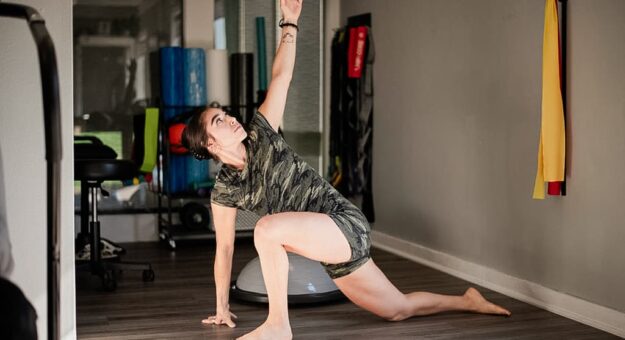-

What is Vitamin D?
Vitamin D is essential for bone strength, muscle function, and overall wellness, making it a key factor in chiropractic health.
-

Chiropractic Care and Eye Health
Vision Clarity Beyond Eyeglasses: The Impact of Chiropractic Care on Eye Health
-

What Your Age Says About the Way You Sleep
Top Sleep Improvement Tips: How Millennials’ Healthy Sleep Habits Can Reduce Back Pain and Enhance Sleep Quality
-

Can Cold Weather Cause Headaches?
Can cold weather cause headaches? Exploring the Connection and Finding Relief
-

The Healing and Pain-Relieving Powers of Laser Therapy
Shedding Light on Laser Therapy – Your Path to Pain Relief and Accelerated Healing
-

Three Common Headaches Explained by HealthSource
Understanding Migraines, Cluster Headaches, and Tension Headaches
-

Wellness Benefits of Chiropractic Adjustments
Unlocking Wellness: 10 Benefits of Chiropractic Adjustments Beyond Pain Relief

Blog




